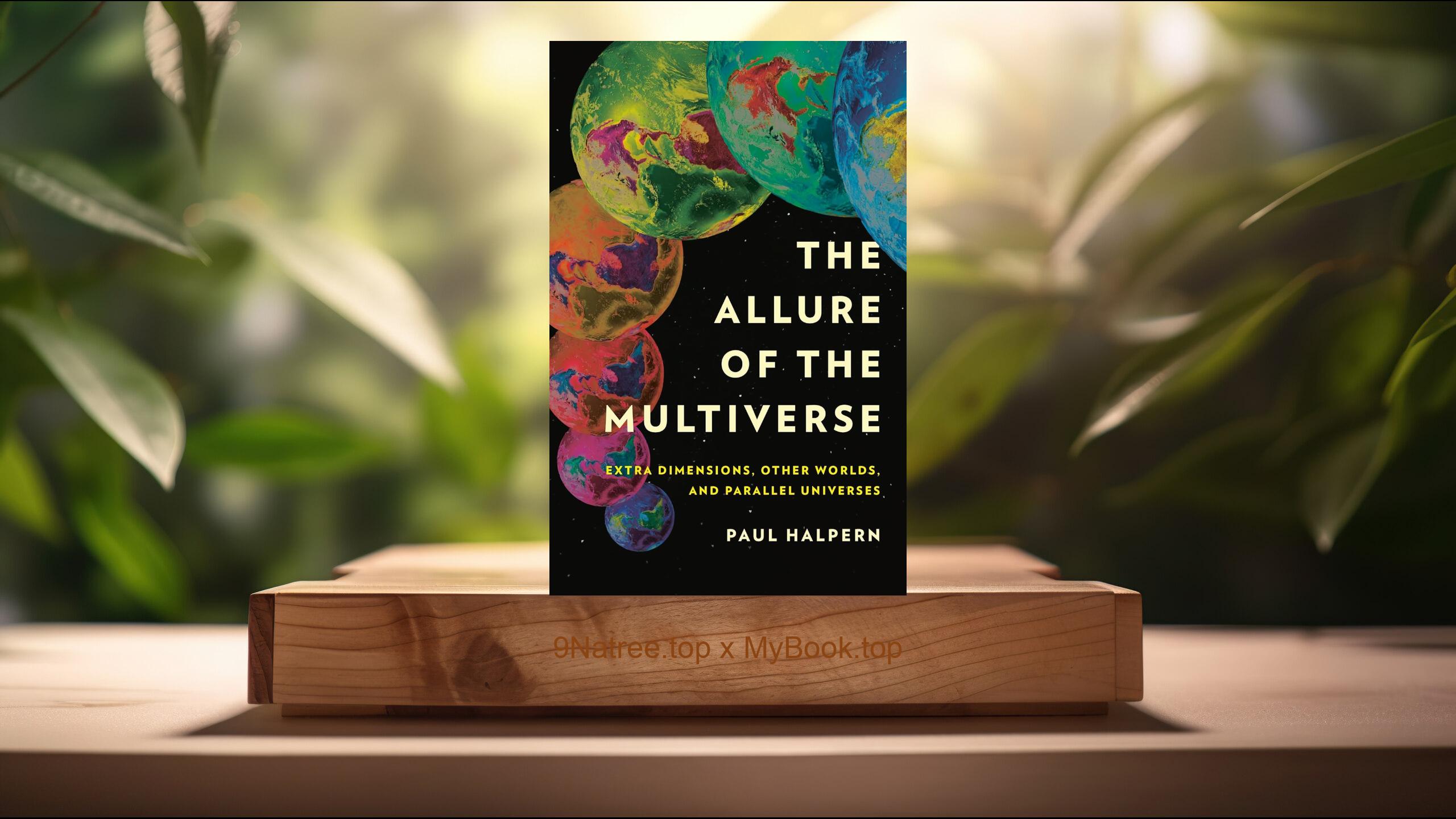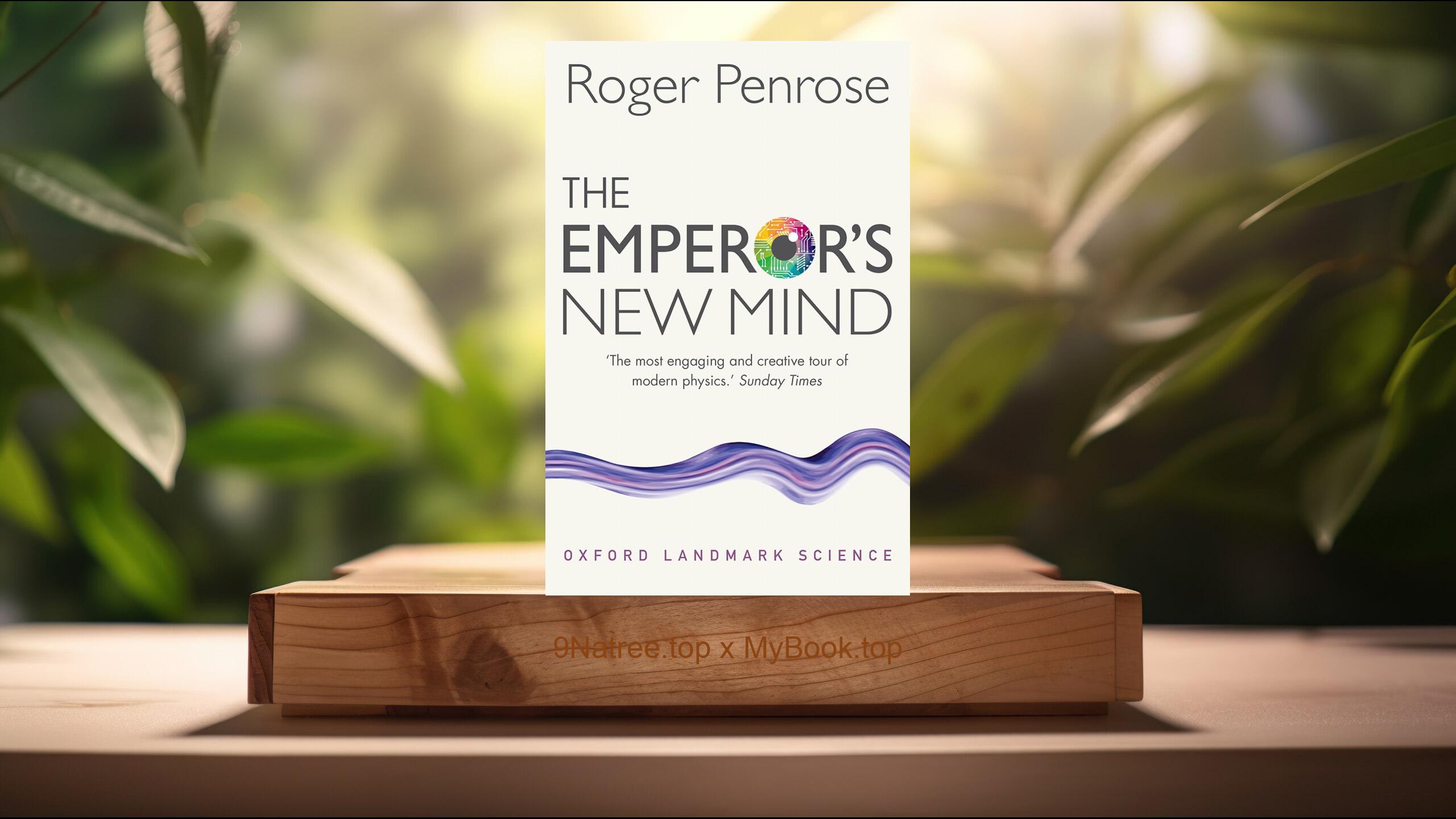Show Notes
- Amazon US Store: https://www.amazon.com/dp/B00CKOV8YQ?tag=9natree-20
- Amazon Worldwide Store: https://global.buys.trade/Do-One-Thing-Different-Ten-Simple-Ways-to-Change-Your-Life-Bill-O-hanlon.html
- eBay: https://www.ebay.com/sch/i.html?_nkw=Do+One+Thing+Different+Ten+Simple+Ways+to+Change+Your+Life+Bill+O+hanlon+&mkcid=1&mkrid=711-53200-19255-0&siteid=0&campid=5339060787&customid=9natree&toolid=10001&mkevt=1
- Read more: https://mybook.top/read/B00CKOV8YQ/
#solutionfocusedtherapy #behavioralchange #personaldevelopment #problemsolvingstrategies #mentalhealthimprovement #DoOneThingDifferent
These are takeaways from this book.
Firstly, Understanding Solution-Focused Therapy, One of the core foundations of 'Do One Thing Different' is solution-focused therapy, a therapeutic approach that emphasizes solutions rather than problems. Unlike traditional therapy models that delve into the origins and symptoms of issues in great detail, solution-focused therapy concentrates on what clients want to achieve moving forward. This topic underpins the entire book, as O'Hanlon teaches readers to apply these principles to everyday life. By focusing on goals and future possibilities rather than past problems, individuals can create a positive mindset that promotes personal growth and problem resolution. The text outlines specific tactics like identifying 'exceptions,' moments when the problem did not occur, and exploring how these can be extended or replicated to improve other challenging situations. This future-oriented mindset helps to cultivate a sense of hope and proactive engagement that is often missing in more conventional therapeutic contexts.
Secondly, The Power of Small Changes, Bill O'Hanlon in his work emphasizes the profound impact of small changes in daily activities or thinking patterns on one's life. He introduces the concept of making 'one small change' to disrupt habitual behaviors and thought patterns that contribute to one's problems. This principle is crucial as it showcases that significant outcomes do not always require massive efforts or transformations. Through various anecdotes and case studies, O’Hanlon illustrates how altering a routine activity or adjusting a recurring negative thought can lead to different outcomes and experiences. This strategy not only makes change feel more attainable but also encourages a trial-and-error approach, allowing individuals to explore what works best for them without the pressure of needing to get it right on a large scale the first time. This segment of the book serves to empower readers, highlighting how they are in control and can effect change at any moment.
Thirdly, Breaking Problem Patterns, A significant topic discussed in the book is the identification and modification of problem patterns. O'Hanlon helps readers recognize the repetitive behaviors and thoughts that contribute to their difficulties. This involves a thoughtful examination of daily routines and reactions to various situations, encouraging an honest assessment of what might be perpetuating problems. Moreover, O'Hanlon guides the reader through the steps of creatively thinking about how to do things differently, including physical actions and mental responses. This methodology assists individuals in stepping out of their comfort zones and experimenting with new ways of reacting to familiar triggers. The importance of this lies in the disruption of automatic responses that do not serve the individual's well-being, thereby instigating a change that can lead to more positive results and more constructive coping mechanisms.
Fourthly, Expanding Circle of Influence, O'Hanlon discusses the concept of an 'Expanding Circle of Influence,' which refers to the idea of extending the change from personal habits to broader interpersonal interactions. He explores how changes in individual behavior can naturally lead to changes in how others respond. This topic is vital as it addresses the social dimension of personal change. By altering one's own actions or reactions, individuals can potentially influence their relationships and social environments. This ripple effect can lead to improved interactions, enhanced relationships, and even shifts in group dynamics. This perspective empowers readers to see themselves as active agents of change not only in their lives but also in their wider social networks, emphasizing the interconnectedness of personal change and social response.
Lastly, Sustaining Change, An essential aspect covered by Bill O'Hanlon is the sustainability of change. It's one thing to make a change; it's another to make it last. O'Hanlon provides strategies for maintaining new behaviors and thought patterns over time. This includes setting realistic goals, tracking progress, and developing resilience against setbacks. He stresses the importance of acknowledging small successes along the way, as this builds confidence and reinforces the positive changes. Additionally, he discusses the need for ongoing commitment to the process of change and continuous reflection on one's actions and goals. By embedding new habits into one's lifestyle and constantly reassessing and adjusting these habits as needed, individuals can ensure that their changes have a lasting impact.
![[Review] Do One Thing Different: Ten Simple Ways to Change Your Life (Bill O'hanlon) Summarized](https://episodes.castos.com/660078c6833215-59505987/images/1891623/c1a-085k3-ok3nn0xpsm28-ytj6im.jpg)




